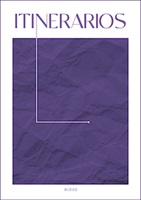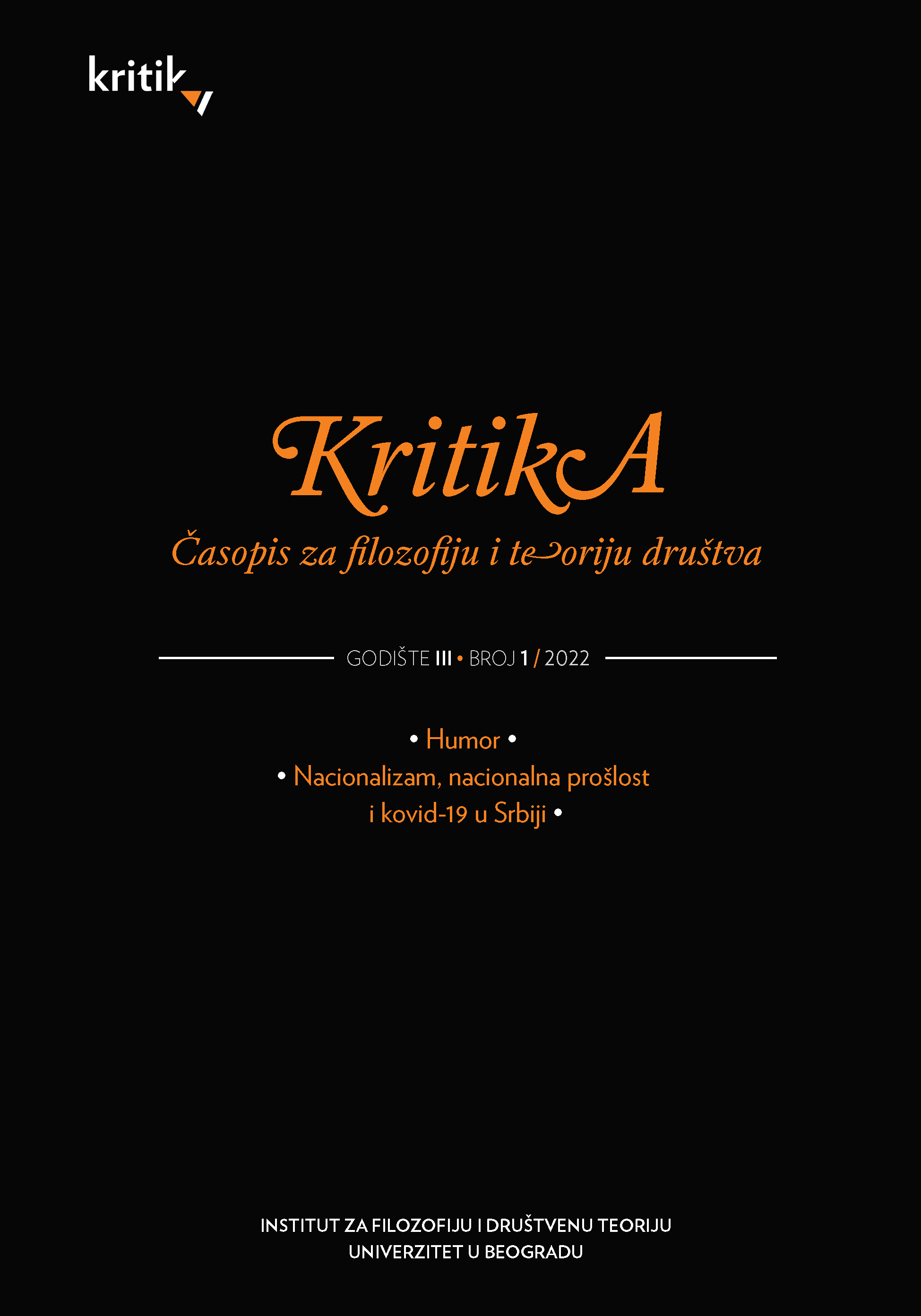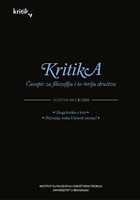Author(s): Stevan Rakonjac / Language(s): Serbian
Issue: 2/2020
Alvin Plantinga wants to answer the following question: Is Christian belief intellectualy or rationaly acceptable? We will present the answer John Locke gives, based on his evidentialism, to the aforementioned question, as well as Plantinga’s critique of Locke’s evidentialist approach. Plantinga thinks that the question „Is Christian belief intellectualy or rationaly acceptable?” is best understood as meaning „Is Christian belief warranted?”. We will analyze Plantinga’s argument for the claim that Christian belief probably has warrant if it is true, which implies that we first have to show that Christian belief (probably) is false in order to show that it (probably) has no warrant. But than that means that we have to show that Christian belief is false in order to show that it is unacceptable, making it very hard, if not impossible, to show that Christian belief is unacceptable. We will then present one objection to Plantinga’s argument, „the Great Pumpkin Objection”. Relying on Linda Zagzebski’s analysis, we will claim that the Great Pupmpkin objection shows that Plantinga’s notion of „warrant” does not adequately capture the meaning of the relevant notion of „intellectual or rational acceptability” of beliefs, and that, hence, his conclusion about warrant of Christian belief are not necessary relevant for the claims about intellectual or rational acceptability of Christian belief. We will also analyze a solution given by Kyle Scott. He thinks that if we have, in addition to Plantinga’s argument showing that Christian belief is warranted if true, favouring evidence in support of Christian belief, which he thinks we obviously have, than Christian belief is acceptable. We will point out that Scott does not elaborate what makes adequate favouring evidence in support of some belief, and we will calim that adequate understanding of favouring evidence will, in some respects, be very similar to Locke’s evidentialism. If so, than Scott proposal will reintroduce some elements of Locke’s evidentialism, and the question of whether there is favouring evidence in support of Christian belief will not have an obvious and easy answer.
More...



